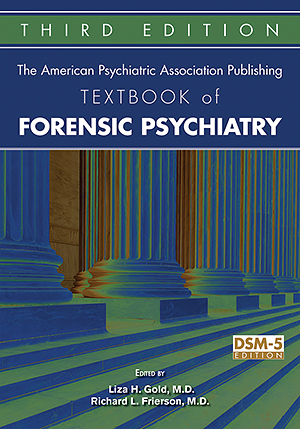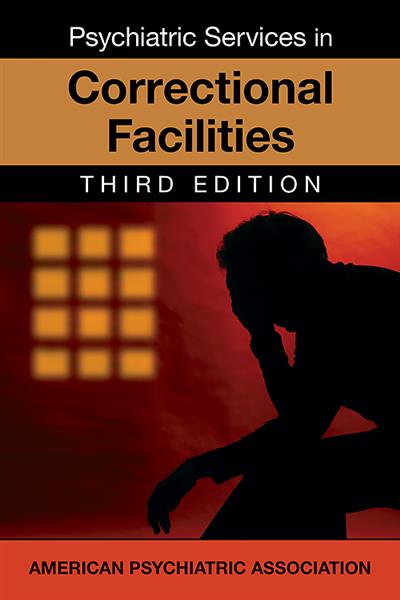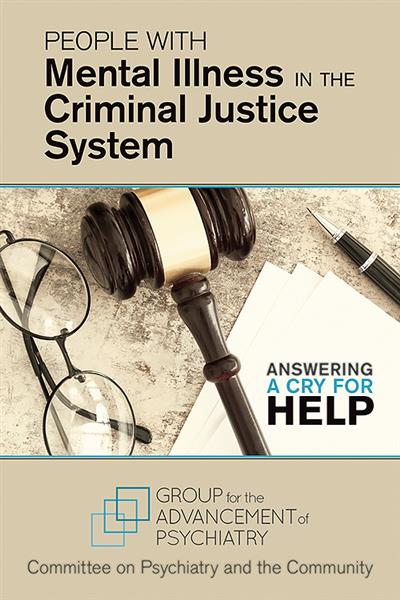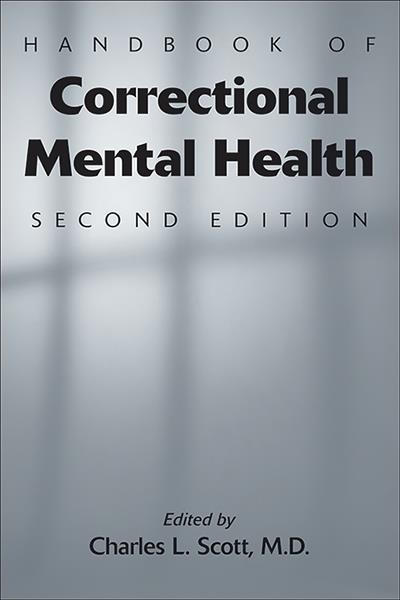Mental Health Criminal Justice Diversion
An estimated two million individuals with serious mental illness cycle through U.S. jails every year. People with mental illness may experience a delay or interruption in receiving mental health care while in jail or prison and may be better served by community mental health programs. Justice diversion programs provide a critical strategy to limit this population’s involvement in the criminal justice system and shift the focus to improving mental health. This Editor’s Choice collection starts with an article outlining the sequential intercept model, which has served as a nationwide framework for justice diversion. Subsequent articles are organized by intercept points as described in the model. The collection concludes with an article that specifically addresses young adults with first-episode psychosis, because that population may be at high risk of criminal justice involvement.
Rishi Sawhney, M.D.Lisa B. Dixon, M.D., M.P.H.
Browse all Editor’s Choice collections
Overview
Mark R. Munetz, M.D., and Patricia A. Griffin, Ph.D.
2006, Volume 57, Issue 4, pp. 544–549
Glenda Wrenn, M.D., M.S.H.P., Brian McGregor, Ph.D., Mark Munetz, M.D.
2018, Volume 69, Issue 7, pp. 829–831
Intercept 0/1—Emergency Services and Law Enforcement
Henry J. Steadman, Ph.D., and David Morrissette, Ph.D., L.C.S.W.
2016, Volume 67, Issue 10, pp. 1054–1056
Hari-Mandir K. Khalsa, M.S., Attila C. Denes, M.B.A., Diane M. Pasini-Hill, M.A., Jeffrey C. Santelli, M.S., Ross J. Baldessarini, M.D.
2018, Volume 69, Issue 2, pp. 239–241
Also featured in Community-Based Mental Health Crisis Services collection.
Amanda Brown Cross, Ph.D., Edward P. Mulvey, Ph.D., Carol A. Schubert, M.P.H., Patricia A. Griffin, Ph.D., Sarah Filone, M.A., Katy Winckworth-Prejsnar, David DeMatteo, J.D., Ph.D., Kirk Heilbrun, Ph.D.
2014, Volume 65, Issue 4, pp. 530–536
Intercept 2—Postarrest: Initial Detention and Initial Hearings
Steve Ryan M.D., M.B.A., Chris K. Brown, B.A., Shinobu Watanabe-Galloway, Ph.D.
2010, Volume 61, Issue 5, pp. 469–477
Robert D. Gibbons, Ph.D., Justin D. Smith, Ph.D., C. Hendricks Brown, Ph.D., Mary Sajdak, M.S., Nneka Jones Tapia, Ph.D., Andrew Kulik, M.D., Matthew W. Epperson, Ph.D., John Csernansky, M.D.
2019, Volume 70, Issue 11, pp. 1040–1043
Intercept 3—Post–Initial Hearings: Jail, Courts, Forensic Evaluations, and Forensic Commitments
Virginia A. Hiday, Ph.D., and Bradley Ray, M.A.
2010, Volume 61, Issue 5, pp. 463–468
Debra A. Pinals, M.D., Ayorkor Gaba, Psy.D., Kelsey M. Clary, B.A., John Barber, L.I.C.S.W., Juliana Reiss, Psy.D., David Smelson, Psy.D.
2019, Volume 70, Issue 11, pp. 1044–1048
David A. Scott, Ph.D., Sinead McGilloway, Ph.D., Martin Dempster, Ph.D., Fred Browne, B.Sc., F.R.C.Psych., and Michael Donnelly, Ph.D.
2013, Volume 64, Issue 9, pp. 843–849
Mark R. Munetz, M.D., Christian Ritter, Ph.D., Jennifer L. S. Teller, Ph.D., and Natalie Bonfine, Ph.D.
2014, Volume 65, Issue 3, pp. 352–358
Henry J. Steadman, Ph.D., Lisa Callahan, Ph.D., Pamela Clark Robbins, B.A., Roumen Vesselinov, Ph.D., Thomas G. McGuire, Ph.D., and Joseph P. Morrissey, Ph.D.
2014, Volume 65, Issue 9, pp. 1100–1104
Intercept 4—Reentry From Jail, State Prisons, and Forensic Hospitalization
Gary S. Cuddeback, Ph.D., Diane Wright, M.S.W., and Nikki G. Bisig, M.Ed.
2013, Volume 64, Issue 10, pp. 1043–1046
Intercept 5—Community Corrections and Community Support
Jennifer L. Skeem, Ph.D., Lina Montoya, M.A., Sarah M. Manchak, Ph.D.
2018, Volume 69, Issue 8, pp. 896–902
Special Populations
Tobias Wasser, M.D., Jessica Pollard, Ph.D., Deborah Fisk, L.C.S.W., Ph.D., Vinod Srihari, M.D.
2017, Volume 68, Issue 10, pp. 994–996
Also featured in A Stitch in Time: Early Psychosis Intervention collection.
Browse all Editor’s Choice collections
Related Books
Comments and feedback about Editor’s Choice: [email protected]



